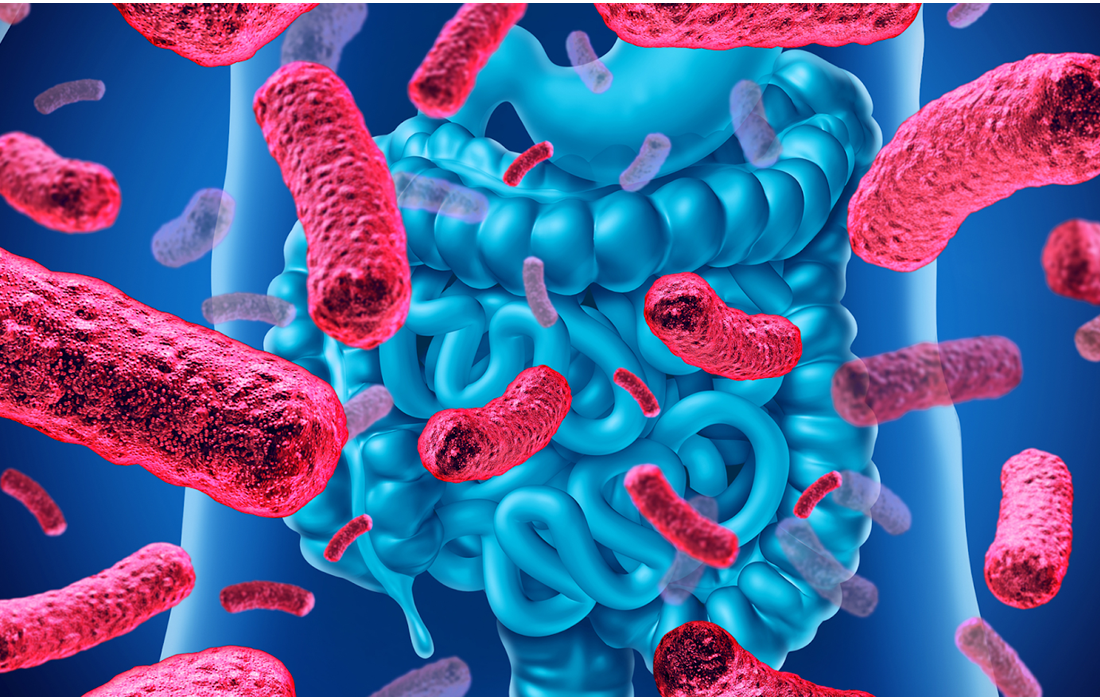Nutrition and Supplements
New Probiotic Coffee and Tea Drinks
Two doctoral students from the Department of Food Science and Technology at the NUS Faculty of Science in Singapore have created probiotic coffee and tea drinks that are packaged with live probiotics.
Traditional probiotic carriers like yoghurts and cultured milks are dairy-based products. The rise in veganism, along with common health issues like lactose intolerance, high cholesterol and allergies to dairy proteins, have stimulated the trend in non-dairy probiotic food and beverages.
Probiotics are live microorganisms that are intended to have health benefits when consumed or applied to the body. They can be found in yoghurt and other fermented foods, dietary supplements and beauty products.
Although people often think of bacteria and other microorganisms as harmful “germs,” many are actually helpful. Some bacteria help digest food, destroy disease-causing cells or produce vitamins. Many of the microorganisms in probiotic products are the same as or similar to microorganisms that naturally live in our bodies.
Probiotics may contain a variety of microorganisms. The most common are bacteria that belong to groups called Lactobacillus and Bifidobacterium. Other bacteria may also be used as probiotics as well as yeasts such as Saccharomyces boulardii.
Researchers explained that coffee and tea are two of the most popular drinks around the world and are both plant based infusions. As such, they act as a perfect vehicle for carrying and delivering probiotics to consumers. Their product was created using the fermentation process as it produces healthy compounds that improve nutrient digestibility while retaining the health benefits associated with coffee and tea.
The probiotic tea is produced by the addition of some nutrients into a tea infusion, followed by selection of specific probiotics. Then it is left to ferment for 2 days, after which it is ready to drink. It maintains its flavor, but with some fruity and floral notes introduced it adds some acidity.
Many health benefits of tea, such as its antioxidant or anti-inflammatory properties, have been linked to it containing ‘polyphenol’ molecules. By using the patented fermentation process, the polyphenol contents from the tea are retained and an additional antibacterial agent — phenyllactate is produced after fermentation. The drink also contains live probiotics which promote gut health.
The probiotic coffee was created by adding specially selected nutrients to brewed coffee, followed by carefully chosen probiotics. The coffee mixture is left to ferment for a day and placed in the refrigerator following probiotic fermentation. After this process is ready to drink. Sugar and milk or any sweetner can be added before consumption.
Each one of the formulations created contains at least 1 billion units of live probiotics, the daily amount recommended by the International Scientific Association for Probiotics and Prebiotics. The team is refining the recipes to enhance the taste and flavor and has filed a patent for the probiotic coffee.
Source:
National University of Singapore. “Probiotic coffee and tea drinks.” ScienceDaily. ScienceDaily, 11 January 2021.
www.sciencedaily.com/releases/2021/01/210111094309.htm
https://www.nccih.nih.gov/health/probiotics-what-you-need-to-know

